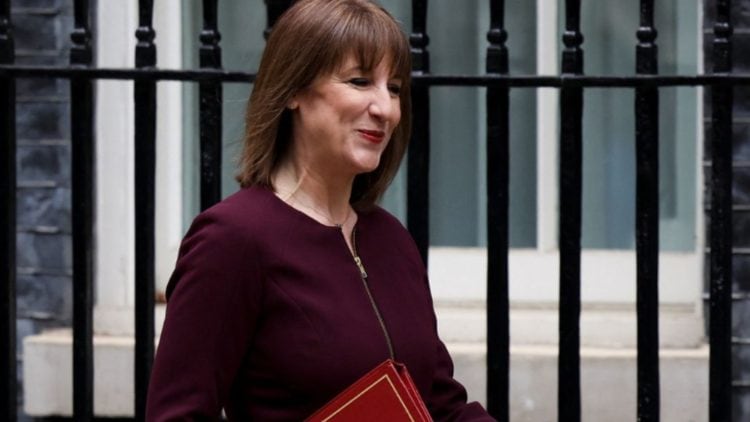New analysis published by the Resolution Foundation does not make good reading for UK households. They shared the report and wrote: “April brings with it a series of tax, benefit and bill rises that could leave households an average of £400 worse off this tax year.”
Rising utility bills and Council Tax will put further pressure on family budgets. The typical household faces a Council Tax rise of £80 a year, with 5 per cent increases across most of England, a 7 per cent average rise in Wales and 9 per cent in Scotland.
Successive above-inflation rises in Council Tax mean that it is now hitting record highs (relative to GDP) outside of the Covid pandemic.
Increases on water bills will be even more sharply felt, with an average rise of £120 a year (26 per cent, or as high as 47 per cent for Southern Water customers).
The annualised energy price cap for a typical household increased by £111 from 1 April, meaning that energy prices are now pushing up inflation for the first time since Q3 2023.
Bringing together all these changes and more, the disposable income of a typical working-age household is projected to fall by 1 per cent – or £400 – in real-terms this financial year, while households across the poorest half of the country are set for an even sharper 2 per cent fall (equivalent to £300).
This will represent the first year of a five year period that will see incomes fall a total of 3 per cent – or £500 –for the bottom half of the income distribution.
What does the Spring Statement mean for lower-income families?
Adam Corlett, Principal Economist at the Resolution Foundation, said: “The new tax year brings with it higher taxes, even larger bill increases, and benefits that aren’t keeping pace with the rising cost of living.
“The typical household is now projected to be £400 worse off this financial year, due to a combination of weakening earnings growth, rising housing costs, taxes and bills, and benefits struggling to outpace inflation.
“As vulnerable households try to meet these rising costs, the Government can help by bringing forward next year’s welcome Universal Credit boost to this October.”
Reduce employment
They also shared a chart looking at how the changes will effect employment and wrote: “Rises in the minimum wage and employer NICS both come into effect this week. Combined, these increase the labour costs of low earners which may well result in employers cutting employment. We estimate that NICs & the min. wage increase will reduce total employment by 85,000.”
You may also like: Trump’s tariffs aren’t going to work in these areas for weird reason – here’s why







